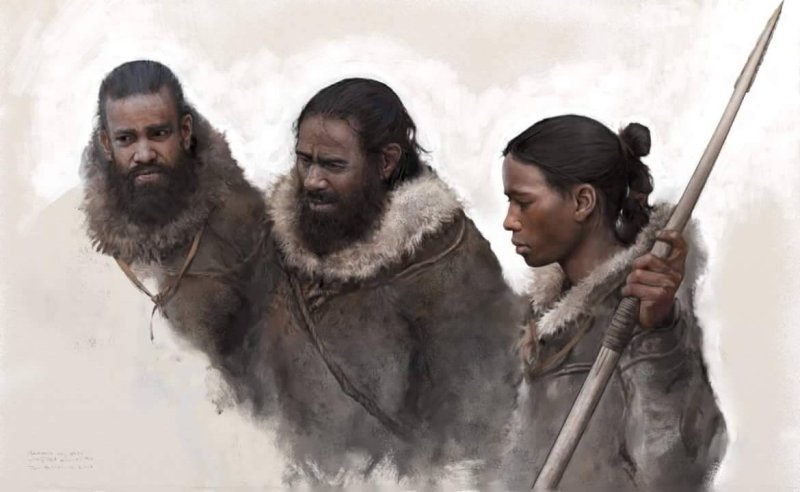Modern humans, called Homo sapiens, are part of the genus Homo, which has existed for at least 2.8 million years. Several different species of Homo lived on Earth during that time, and the archaeological record shows that some had the smarts to control fire, establish social networks, make stone tools and create clothing. Although these signs reveal clues to technological and cognitive skills, only H. sapiens survived.
Why? So far, no one knows. The researchers note in One Earth that “no consistent explanation has yet been advanced, despite the enormous importance of the matter.”
[Pasquale] Raia, an evolutionary biologist, teamed up with more than a dozen other scientists to investigate.
…
Their analysis shows that climate change claimed more than half of the H. erectus and H. heidelbergensis niche prior to their disappearance — along with a quarter of the H. neanderthalensis niche. Changing habitats and increasing cold likely limited food sources and threatened survival for those more accustomed to warmer climes.
“I personally take this as a thunderous warning message. Climate change made Homo vulnerable and hapless in the past, and this may just be happening again,” Raia says.































